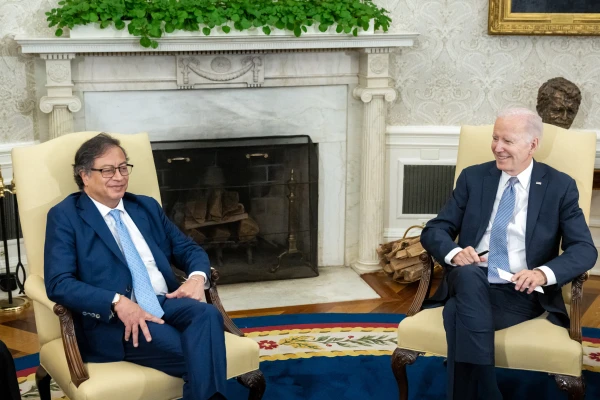
Russian arms manufacturers may gain a new major market.
The President of Colombia threatened the U.S. with the purchase of Russian aircraft.
Tensions in the relationship between Colombia and the United States continue to rise after President Gustavo Petro (65) was included in the "Clinton List," which caused deep discontent within the government. In the midst of this crisis, the President of Colombia issued a direct warning to Washington, suggesting the possibility of acquiring Russian fighter jets if political and financial pressure from the U.S. continues.
In a recent statement, Petro assured that the U.S. government would retaliate for his administration's decision not to purchase used F-16 aircraft offered by the United States. "The anger of American government officials seems primarily to stem from the fact that I did not buy F-16s from third parties that he offered me," the head of state stated, emphasizing that his choice of Swedish Gripen fighters was based on technical, legal criteria, and transparency criteria.
"Colombian law allows me to conduct these negotiations. Let it be known, Sweden is not a terrorist country, and the owners of Gripen are not drug traffickers," Petro clarified, firmly defending the legality of the process that led to the selection of the Swedish Saab Gripen E/F fighter as a replacement for the Kfir of the Colombian Air Force (FAC).
However, the most decisive warning from the President of Colombia came at the end of his speech: "Let me not be forced to buy Russian planes." This phrase, interpreted by analysts as a political response rather than a technical threat, reflects the growing distancing between Bogotá and Washington on defense and strategic cooperation issues.
The "Clinton List" is known as the official sanctions registry of the U.S. Department of the Treasury's Office of Foreign Assets Control (OFAC), created in 1995 under President Bill Clinton to combat drug trafficking, money laundering, and other illegal activities. The United States added Colombia and a number of relevant figures (including President Gustavo Petro and some of his closest associates) to the list on the grounds that they believed they had contributed to, promoted, or insufficiently fought against drug trafficking and organized crime.
Inclusion in the "Clinton List" means international financial isolation: assets under U.S. jurisdiction are blocked, and individuals or entities subject to sanctions cannot conduct transactions with U.S. banks or companies, often extending to global banks operating in dollars or having relationships with the U.S. Furthermore, they are prohibited from receiving financial assistance, opening bank accounts, using international cards, and participating in foreign trade with companies from allied countries.
Gustavo Petro was born on April 19, 1960, in the city of Sienaga de Oro (Córdoba province, Colombia). He studied at the Hermanos de La Salle college in Zipaquira (Cundinamarca department).
At 17, as a student, he joined the leftist guerrilla group April 19 Movement (M-19), which emerged in protest against election fraud. He engaged in military and political activities, becoming one of the leaders of the group and was elected ombudsman of Zipaquira. In 1985, he was arrested for illegal possession of weapons and sentenced to 18 months. Shortly after his arrest, M-19 carried out the takeover of the Palace of Justice in Bogotá, resulting in the deaths of at least 98 people. Petro denies his involvement in this attack. By the time Petro was released in 1987, he concluded that armed revolution was not the best strategy for gaining popular support, and two years later, M-19 entered into peace negotiations with the Colombian state. After amnesty, Petro participated in the formation of the political party Democratic Alliance M-19. After the disbandment of M-19, he studied at the Faculty of Economics of the Externado University of Colombia, then studied public administration at the Higher School of Public Administration. He studied at the Pontifical University of Bogotá, where he obtained a master's degree in economics. He continued his studies in Belgium at the Catholic University of Leuven and the University of Salamanca.

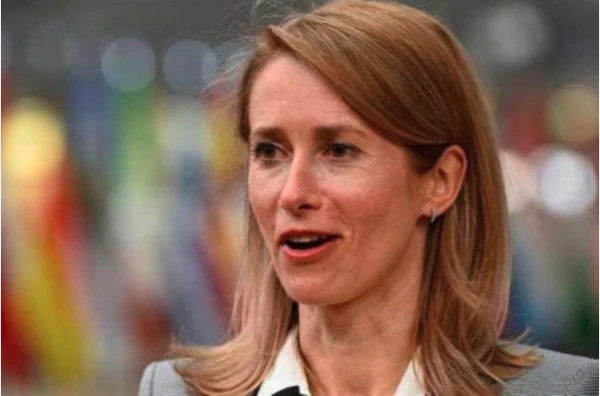
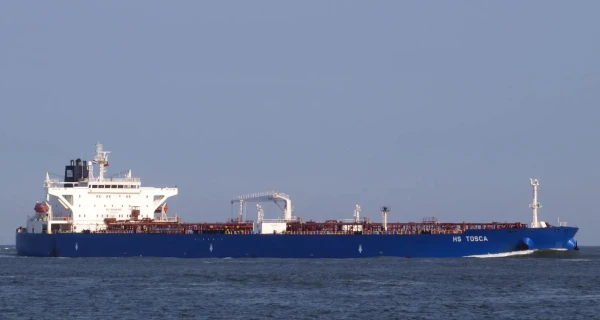
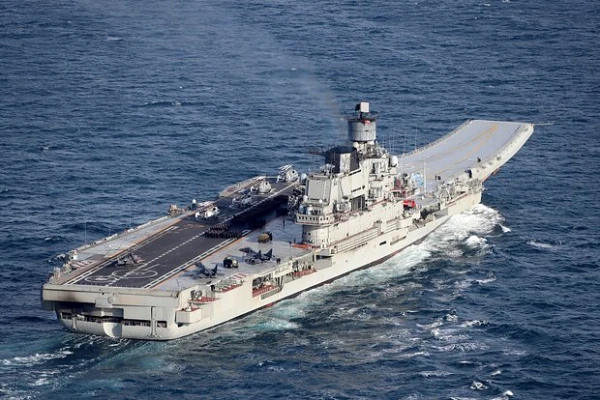
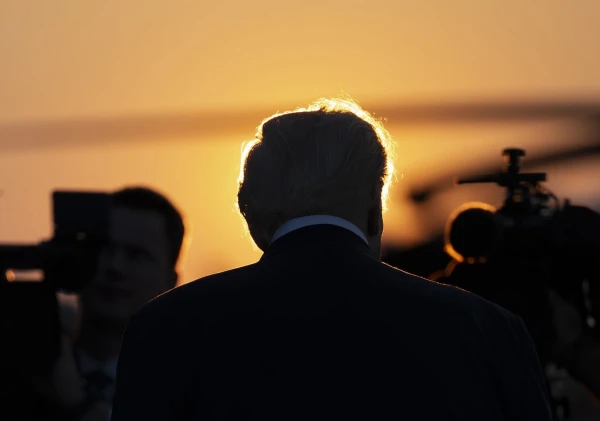
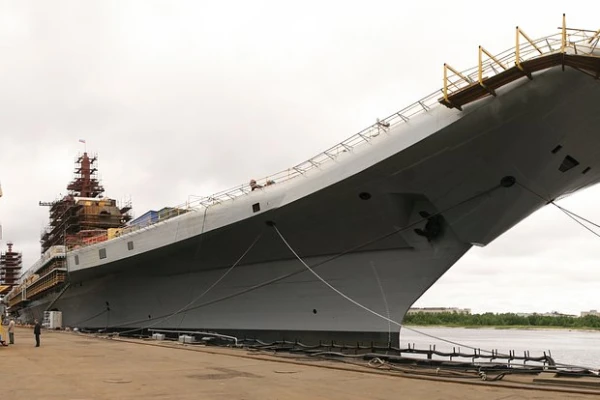
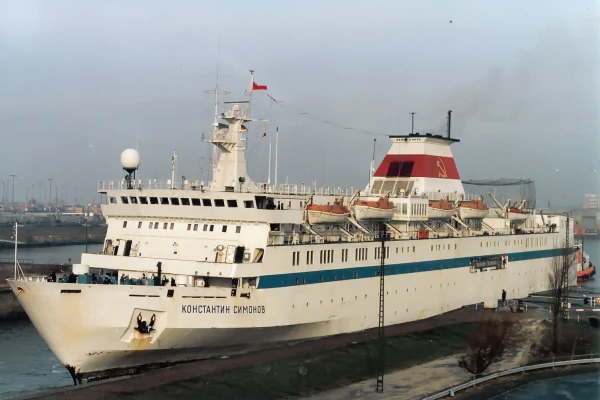
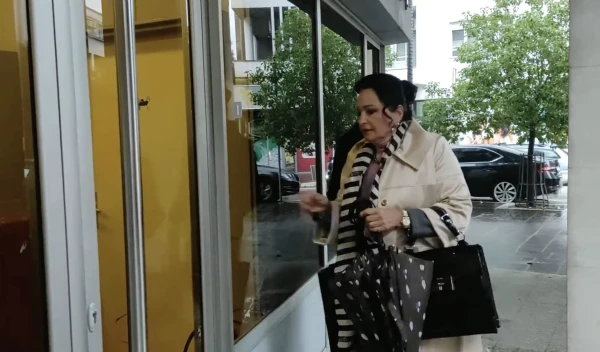
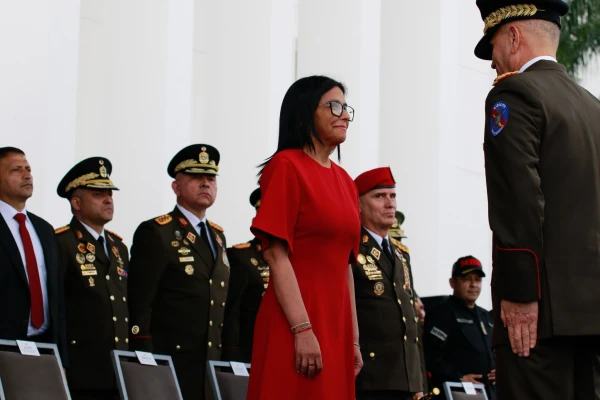
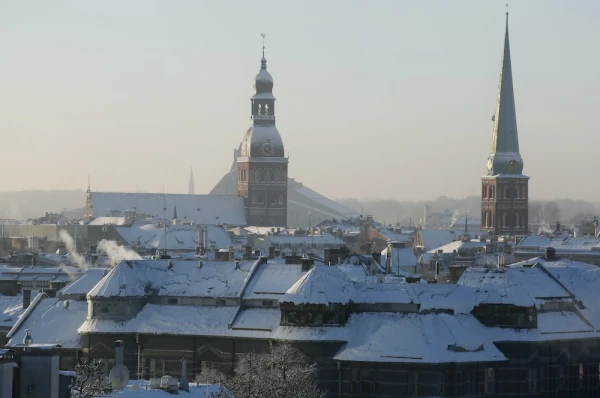
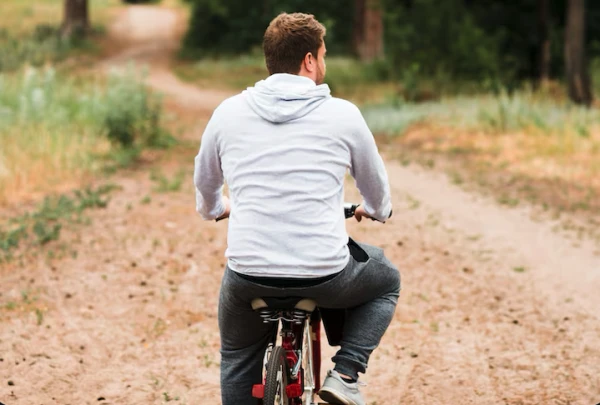
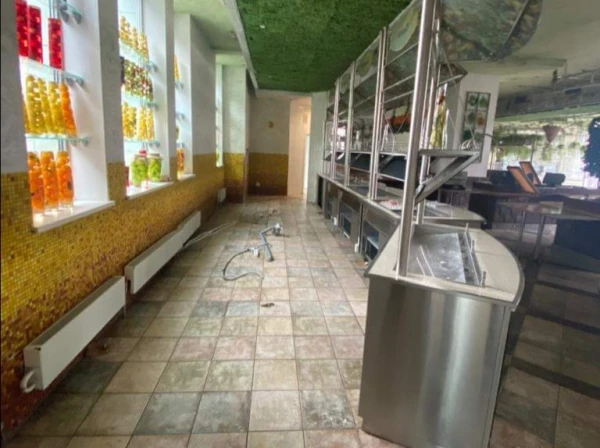
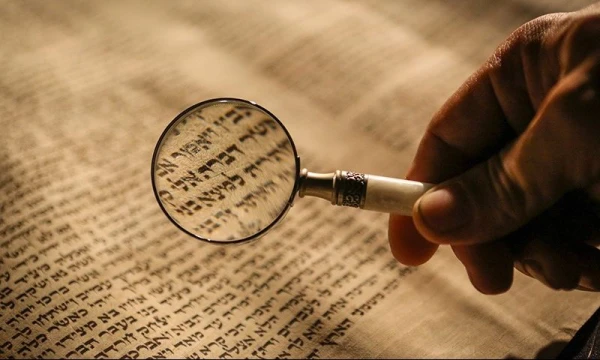
Leave a comment